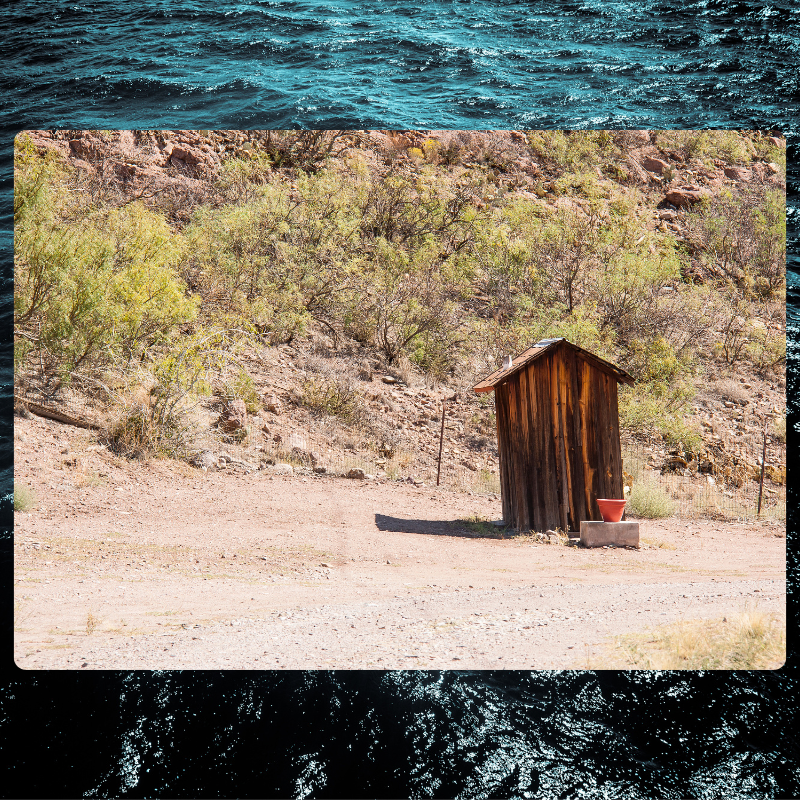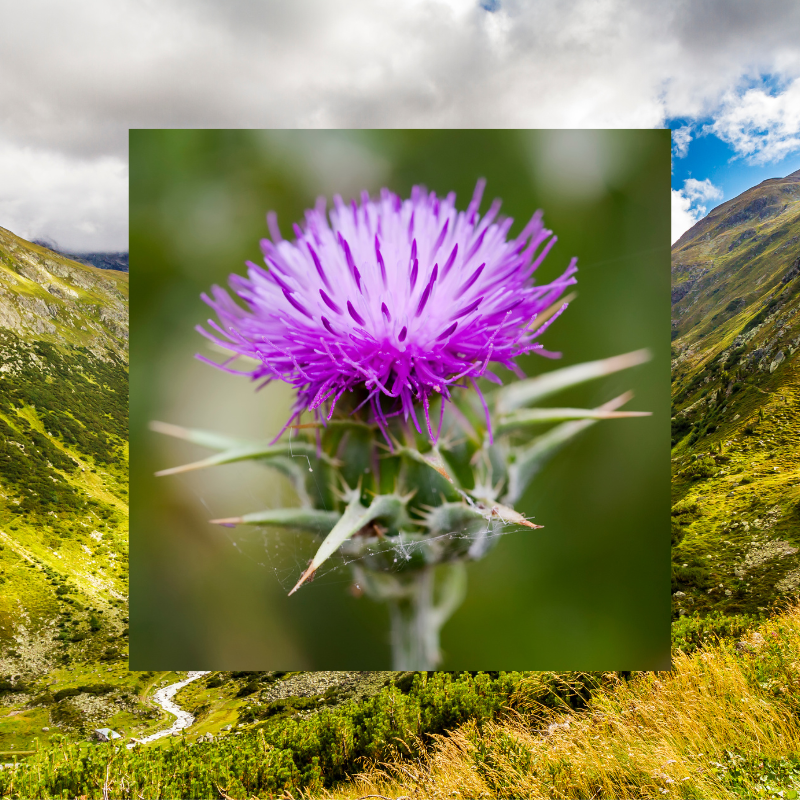What does iron do?
Iron is a mineral that is required to produce red blood cells that carry oxygen from the lungs to the cells in the rest of the body.
It has long been understood as having therapeutic uses and the Greeks would soak their swords in hot water then drink the iron-rich water to treat anaemia.
Iron is also important in energy release, immune function, and cholesterol metabolism. Myoglobin in the muscles contains iron and so it is also required to deliver energy to muscles.
The body is very efficient at recycling iron so it is usually easy to get adequate iron from food.
What is iron good for?
Iron has been used therapeutically for relieving symptoms of or preventing:
Anaemia, attention deficit disorder, burning mouth syndrome, colitis, fatigue, menstrual problems, learning deficits, low stomach acid, brittle nails.
How much iron do I need?
RDA is 10-20mg/day for men and women.
How do I know I need iron?
There is an unusual symptom for iron deficiency called pica. Pica is characterised by craving for things such as clay, dirt, laundry starch or chalk.
However, more commonly iron deficiency would manifest as being prone to headaches, shortness of breath, weakness, fatigue, heart palpitations, intolerance to cold and a sore tongue.
For more visual symptoms check the fingernails which can become thin, flat and spoon shaped. The tongue may show atrophy of the papillae, burning, redness and even a smooth waxy appearance.
Anaemia is usually found amongst children and teens due to rapid growth. It can also be found in women with heavy menstrual bleeding – however, iron deficiency can also cause excessive menstrual bleeding rather than being a consequence of it.
Iron deficiency in infants can cause behavioural problems such as slow mental and motor development.
Things you need to know about iron
Iron from animal sources is known as heme-iron and is more readily absorbed than from non-animal sources.
Your body absorbs 35% of iron from heme sources but only 2.9 % of non-heme iron.
Vitamin C and stomach acid also enhance absorption of iron.
However, phytates, oxalates, phytates and tannins can inhibit iron absorption.
It is best not to supplement iron unless you are deficient. This is because iron can feed bacteria and can act as a free radical causing prolonged infections and cell damage. Hemachromatosis is an increasingly common disease where the body contains excess iron. The symptoms of this is weight loss, abdominal pain, diabetes, change in skin colour and decreased libido.
Where can I find iron?
- Beef liver, tuna, oysters, clams, chicken
- Blackstrap molasses, pumpkin, oatmeal, cocoa powder, swiss chard, peas, figs, sunflower seeds, raisins, mustard greens, wheat germ, pine nuts, parsley, yeast
IF YOU LIKED THIS POST you might love these
Natural remedies for constipation
13 November 2021
Support immunity with glutathione
31 October 2021
Can bloating be caused by gut bacteria?
21 August 2020
The health benefits of watermelon
30 May 2020






